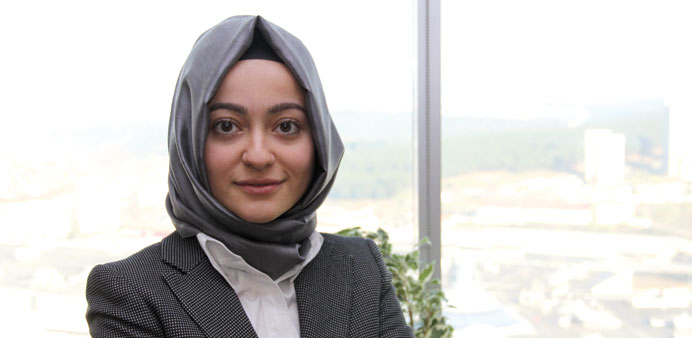Researchers at Georgetown University in Qatar (GU-Q) are seeking to ascertain how much food is thrown away in Qatar and why it is discarded.
“Help us by documenting your food waste,” says Dr Zeynep Topaloglu, assistant professor at GU-Q and co-lead principal investigator of the Safeguarding Food and Environment in Qatar (SAFE-Q) project in her invitation to participate in the new research.
“In Qatar, more than half of the municipal waste generated in the country contains discarded food. In a world where one in nine people is hungry, where political unrest and natural disasters are impacting global food security, these statistics are unsustainable and shocking, requiring us to start taking action to understand why it’s happening and to find ways to prevent and reduce food waste,” explains Dr Topaloglu.
“Hardly any research on food waste has been undertaken in Qatar, so SAFE-Q is trying to fill this gap by conducting research on food waste at both the distribution and consumption stages of the food supply chain. Georgetown University, in collaboration with partner universities, has already initiated research, which focuses on the supply side,” adds the researcher.
“This survey aims to collect the data, which will help us understand the food waste occurring on the consumer side. We are unable to do this without the voluntary support and participation of the local community.”
On the project’s various online and social media outlets, members of the community in Qatar can find out how to enrol in the voluntary study, which is available in both English and Arabic.
The researchers ask participants to fill out multiple surveys over a period of one week about food waste that happens after purchasing it.
The benefits of participating, says Dr Topaloglu, are many. “People who take part in this study will be able to become more self-aware about how much food they waste and will hopefully realise that it can be avoided.
“Secondly, and this is the bigger picture, they’re helping raise national awareness about food waste, and through their survey responses used in this research, they will eventually help reduce Qatar’s food waste. And considering more than 90% of food consumed in Qatar is imported, that’s a critical contribution.”
Research data, findings as well as lessons learned from this project will also be shared with the United Nations Environment Programme (UNEP), which is currently undertaking a food waste reduction initiative in Saudi Arabia. Those interested in finding out more about participation in the survey can visit the project website at https://blogs.commons.georgetown.edu/safeq/

Dr Zeynep Topaloglu
